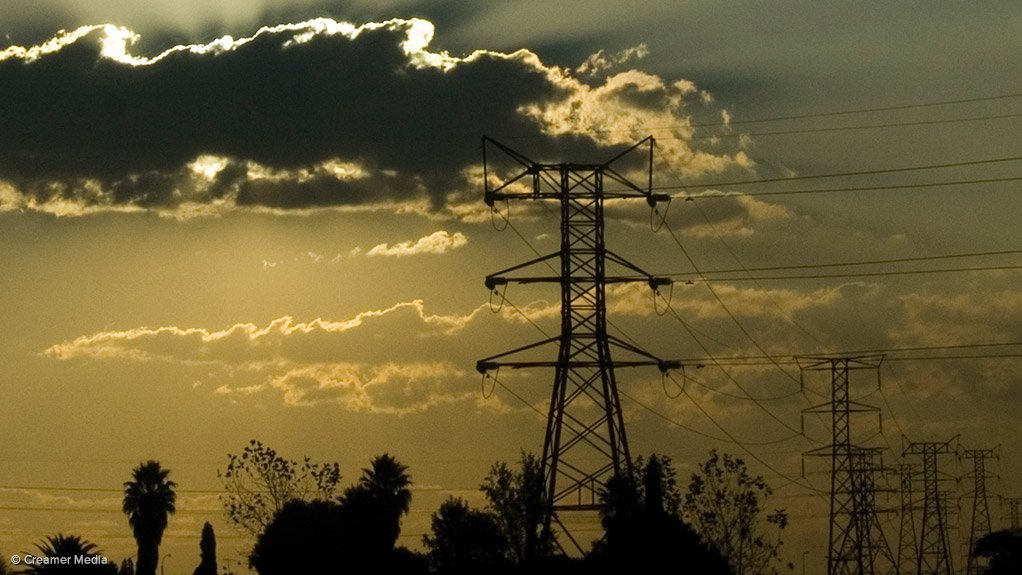The Organisation Undoing Tax Abuse (Outa) on Wednesday called for an extension for public comments on the new post-2015 National Energy Efficiency Strategy (Nees), which was gazetted on December 23.
The organisation believes the timing of the gazette’s release and the rationality of publishing an energy strategy before the Integrated Energy Plan or the Integrated Resource Plan (IRP) have been finalised, is questionable.
As such, Outa has written to Energy Minister Tina Joemat-Pettersson, requesting an extension of the comment period to 90 days after the finalisation of the IRP.
“[The Nees, which] will impact heavily on South Africa’s energy future, is being sneaked past an unsuspecting public,” it said in a statement, noting that the public had been given only had 30 days to comment on the gazette, which maps out a comprehensive energy strategy for the next 15 years.
Outa energy portfolio director Ted Blom stated that “by publishing a gazette for comment in the heart of the summer holidays, and then only providing society with 30 days to comment thereon, is unacceptable.
“In our opinion, government could be accused of trying to sneak this document past the unsuspecting taxpayers, and that the haste of the gazette may be linked to the unexplained haste to pave the way to add nuclear to South Africa’s future energy mix,” said Blom.
The gazette seeks to establish a blueprint on energy consumption to 2030, and within its plan lies stringent regulation pertaining to energy consumption and punitive charges or levies for those who do not comply to thresholds set.
“While Outa completely agrees that we need an energy efficiency strategy, we are concerned that the Department of Energy has not factored in all the variables when compiling this document. It is based upon energy consumption between 2000 and 2012, with critical data for the last four years not taken into account,” Blom added.
Should the gazette be promulgated in its current form, it will impact negatively on the South African economy, as it will lead to higher electricity and fuel prices, states Outa.
“This, in turn, will lead to unnecessary increases in the cost of business and living in South Africa and will thus adversely affect South Africa’s business competitiveness.”
Outa added that the current blueprint contradicted government’s National Development Plan, as well as statements made by government officials related to minerals beneficiation and jobs growth.
“We believe that if this Nees, as gazette, goes unchanged, it could mean the loss of thousands of mining and other industry jobs, thereby further undermining our economic growth,” Blom pointed out.
In addition to the timing and procedural issues, Outa’s research further highlighted “highly suspicious assumptions and conclusions” incorporated into the document’s founding statements.
“Outa has moved to procure professional input to evaluate the roots and rationale of the gazette, along with the impact [on the strategy] of a lack of updated economic information.
“South Africa’s developmental trajectory cannot be determined on the basis of fallible strategies drawing conclusions from data that is neither quantitatively, nor qualitatively sound, and for Outa or others in society to provide meaningful comments on the gazette, much more time is required,” he noted.
EMAIL THIS ARTICLE SAVE THIS ARTICLE ARTICLE ENQUIRY
To subscribe email subscriptions@creamermedia.co.za or click here
To advertise email advertising@creamermedia.co.za or click here











